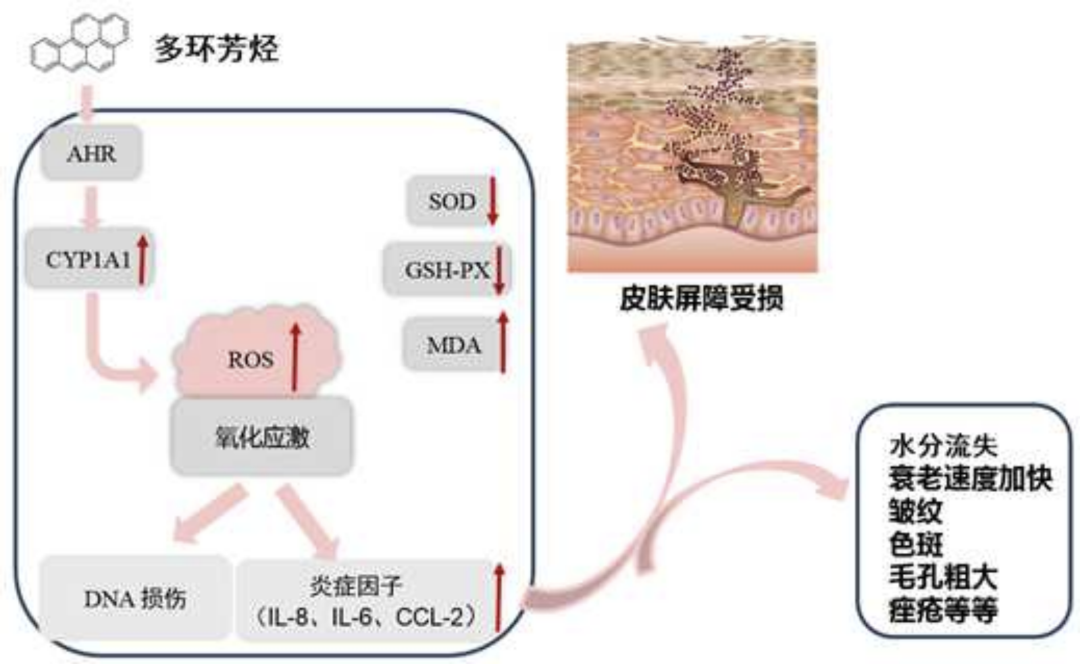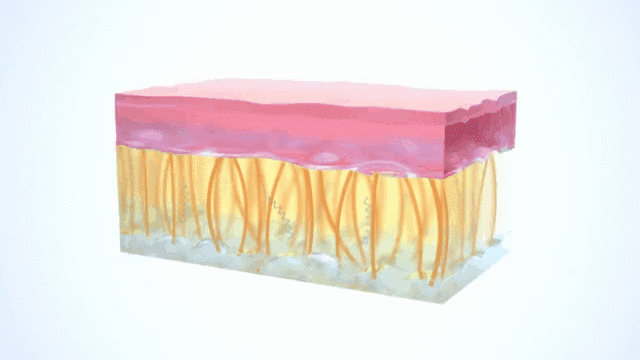“Aging is inevitable, but premature aging is preventable. Small lifestyle tweaks can slow down biological clocks by decades.”
Aging is a natural process, but certain daily habits silently speed it up, causing wrinkles, sagging skin, and reduced energy. While anti-aging creams dominate the market, science reveals that 50% of aging is driven by lifestyle factors. Below, we unpack five habits accelerating aging—and how to reverse them.
1. Cooking: The Kitchen’s Silent Skin Saboteur
Cooking isn’t just about flavor—it’s a major source of indoor pollution that accelerates skin aging.
How Cooking Damages Skin
- PM2.5 Particles: Frying releases microscopic particles 20x smaller than skin pores. These penetrate deep, triggering collagen breakdown and inflammation.
- Cooking Method Matters: Frying tofu emits 3x more PM2.5 than steaming it. A 2023 study found Chinese women exposed to coal-based cooking fumes had 74% faster hand aging.

Quick Fixes
- Use steaming/boiling instead of frying.
- Activate exhaust fans or HEPA air purifiers.
- Wear N95 masks during high-heat cooking.
2. Sweet Cravings: The Sugar-Skin Crisis

Sugar isn’t just empty calories—it’s a skin-aging toxin.
The Glycation Effect
When sugar binds to collagen, it forms AGEs (Advanced Glycation End Products) that:
- Stiffen collagen fibers, causing wrinkles.
- Accumulate in sun-exposed areas (forehead, nose) due to UV-glycation synergy.

Anti-Glycation Diet Tips
- Avoid soda, pastries, and white bread (high-glycemic foods).
- Eat antioxidant-rich foods (blueberries, spinach) to neutralize free radicals.
3. Childbirth: The Biological Clock’s Double Tap

Pregnancy impacts aging at a cellular level—but recovery is possible.
The Science Behind It
- Telomere Shortening: Mothers have shorter telomeres (DNA caps) equivalent to 11 years of aging.
- Reversal Potential: A Yale study found breastfeeding and pre-pregnancy BMI < 30 reduced biological age by up to 8 years postpartum.

Postpartum Recovery Tips
- Maintain a nutrient-dense diet (omega-3s, leafy greens).
- Practice yoga or light stretching for stress relief.
4. Sedentary Lifestyle: The Inactivity Time Bomb

Sitting is the new smoking—here’s why:
Inactivity’s Aging Impact
- Heart Risk: 2 weeks of inactivity stiffens arteries by 24%.
- Muscle Loss: 25–33% muscle mass decline in 2 weeks of bed rest.
- Brain Drain: 10 days of inactivity shrinks hippocampus volume by 14%.

Movement Hacks
- Take a 5-minute walk hourly.
- Do bodyweight exercises (squats, push-ups) daily.
5. Extreme Dieting: The Collagen Crisis

Crash diets destroy skin elasticity—here’s the data:
Why Crash Diets Fail
- Collagen Starvation: Low-protein diets reduce collagen synthesis by 40%.
- Nutrient Gaps: Zinc/biotin deficiencies weaken skin barrier function.

Smart Weight Loss Strategies
- Aim for 1–2 lbs/month weight loss.
- Eat protein-rich foods (chicken, lentils) and vitamin C (oranges, bell peppers).
Conclusion: Slow Down the Clock
Aging is unavoidable, but premature aging isn’t. By optimizing:
- Cooking methods (steaming > frying)
- Sugar intake (≤25g/day)
- Movement (150 mins/week)
- Postpartum recovery (breastfeeding + nutrition)
- Weight loss pace (gradual)
You can erase 5–10 years of biological aging. Consistency trumps intensity—prioritize sustainable habits over quick fixes.
References
- PM2.5 and Skin Aging (2021)
- Epigenetic Aging from PM2.5 (2019)
- AGEs and Skin Aging (2023)
- Parity and Telomere Length (2018)
- Postpartum Biological Age Reversal (2024)
